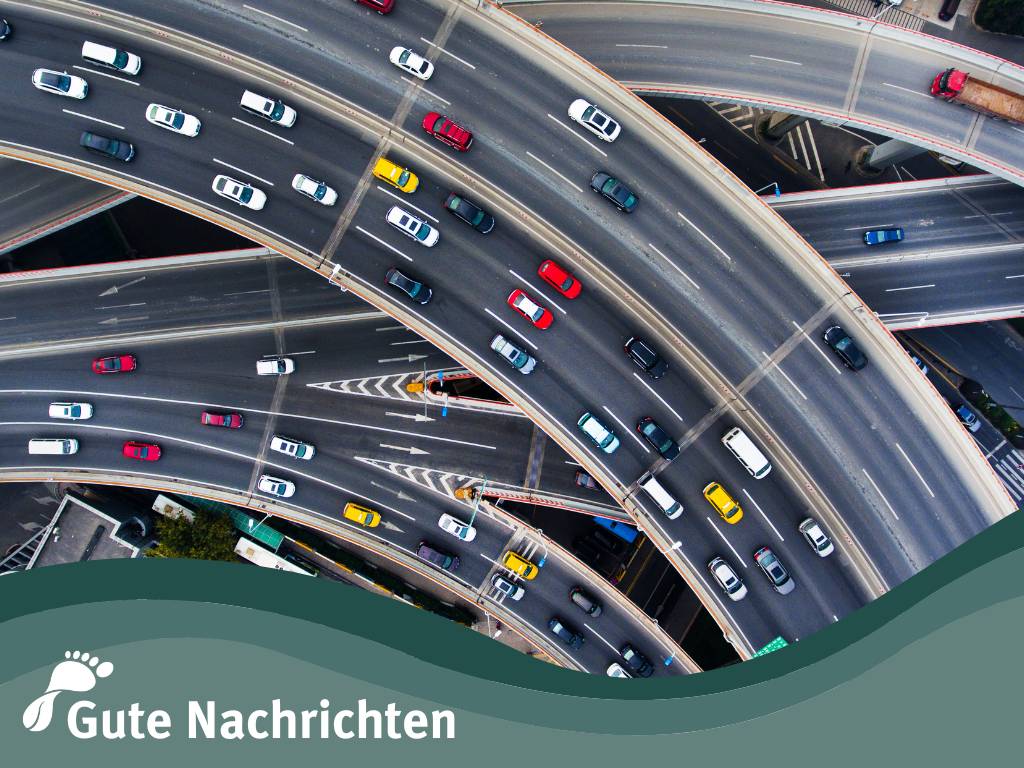Greater CO2 savings through speed limit according to new study

The German Federal Environment Agency (UBA) has published a new STUDY which calculates that the CO2 reduction achieved by reducing speed on freeways is greater than originally thought. While there is a speed limit of 130 on Austrian highways, there is no general speed limit in Germany. NGOs have long been calling for a speed limit of 100 on freeways, but this has never been enforced to date. This could now change.
According to this study, a speed limit of 120 km/h would lead to a saving of 6.7 million tons of greenhouse gas emissions per year - twice as much as previously assumed. If the speed limit on roads outside built-up areas were also set at 80 km/h, a total of 7.3 million tons of CO2 would be saved - without any major additional effort or costs for citizens and the state, according to the study.
UBA President Dirk Messner believes that the measures taken by the German government to date will simply not be enough to meet Germany's climate targets. Currently, the targets of the Climate Protection Act are being missed by a wide margin in the transport sector alone, namely by 271 million tons of greenhouse gas emissions by 2030.
Why the Federal Environment Agency assumes a doubling
Originally, savings of 2.8 million tons per year were assumed, which the new calculations far exceed. These are based on Germany-wide floating car data from 2018, taking into account the entire traffic flow of the German freeway network.
"The higher CO2 savings compared to previous studies are due to the fact that the consumption of the vehicles was determined more precisely and changes in route selection and traffic demand were also taken into account. "UBA President Dirk Messner
These calculations also took into account shifts to other modes of transport such as rail.
If the proposed speed limits were introduced in 2024, Germany's greenhouse gas emissions would be reduced by a whole 47 million tons by 2030, according to Messner. Although speed limits would not be able to solve the challenges of climate change in traffic, the potential savings would be no small matter. Moreover, speed limits could be implemented faster and more directly than other ideas forreducing CO2 emissions- and at practically no additional cost.
Lawsuit against the German government
The German Federation for the Environment and Nature Conservation (BUND) has now filed a complaint with the Berlin-Brandenburg Higher Administrative Court. The environmental organization criticizes Germany for failing to meet the climate protection targets it has set itself. The transport sector is the main target of criticism - which means that a speed limit is once again coming into focus.
Our pro.earth. conclusion: A reduction in speed limits definitely makes sense, not only in Germany but also in Austria. Another positive aspect of a speed limit is the reduction of air pollutants and noise emissions. #actioninsteadofspeech






